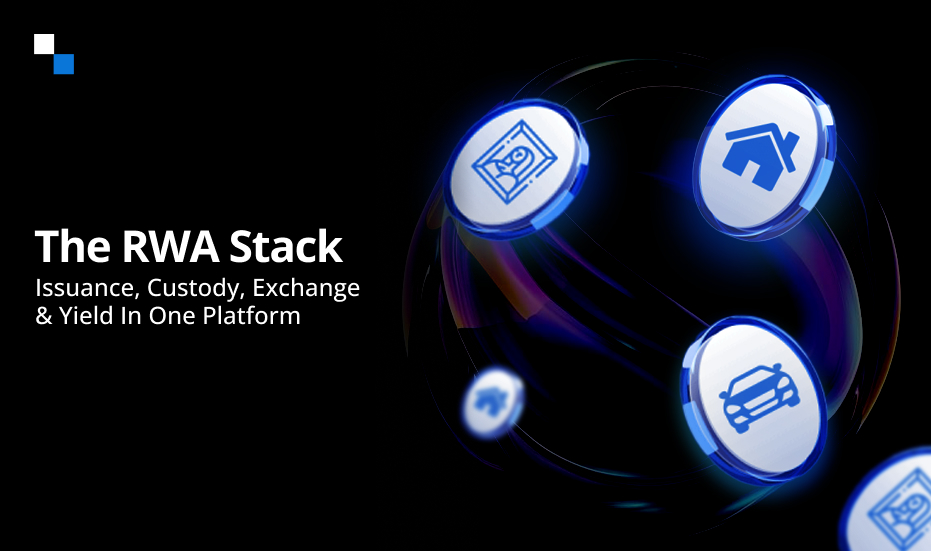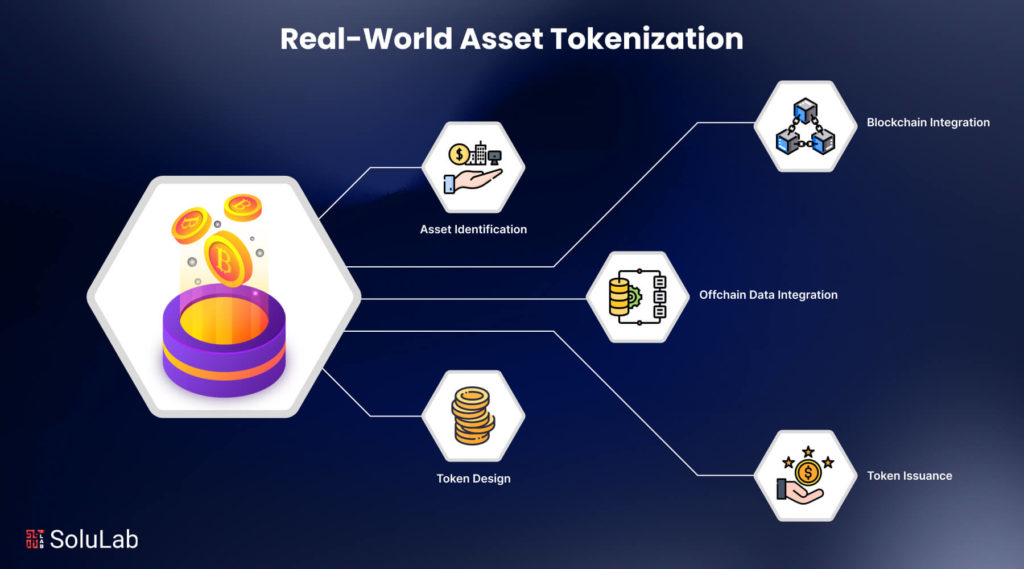
Revolutionizing Property Ownership: The Rise of Tokenized Real Estate
In recent years, the real estate industry has undergone significant changes, driven by technological advancements and an evolving market landscape. One of the most transformative innovations is the concept of tokenized real estate, which is redefining how properties are bought, sold, and managed. This article explores the fundamentals of tokenized real estate, its benefits, challenges, and future potential in shaping the property market.
Understanding Tokenized Real Estate
At its core, tokenized real estate refers to the process of converting the ownership of physical properties into digital tokens that can be traded on a blockchain. Each token typically represents a fraction of the total property value, allowing multiple investors to own a share of a real estate asset without purchasing it outright. This innovative approach is made possible by blockchain technology, which ensures transparency, security, and ease of transferring ownership.
The Benefits of Tokenization
1. Fractional Ownership
One of the primary advantages of tokenized real estate is the introduction of fractional ownership. Traditionally, investing in real estate required substantial capital, limiting participation to affluent individuals and institutional investors. Tokenization lowers the entry barrier, enabling smaller investors to invest in high-value properties with minimal amounts of capital. This democratization of real estate investment opens up opportunities for a broader range of individuals, fostering a more inclusive investment landscape.
2. Increased Liquidity
Liquidity is another significant benefit of tokenized real estate. Conventional real estate transactions can be time-consuming and illiquid, requiring considerable effort to find buyers or negotiate sales. In contrast, tokenized properties can be traded on secondary markets, providing investors with the ability to buy and sell tokens more easily. This enhanced liquidity can lead to more efficient price discovery and greater market participation.

3. Greater Transparency and Security
Blockchain technology plays a fundamental role in ensuring transparency and security in tokenized real estate transactions. Every transaction is recorded on a decentralized ledger, making it nearly impossible to alter historical records or engage in fraudulent activities. This transparency builds trust among investors, as they can verify ownership, transaction history, and legal compliance with ease.
4. Global Reach
Tokenized real estate offers a global investment opportunity. Investors can access properties in different geographic locations without the complexities involved in cross-border transactions. This global reach can diversify investment portfolios and expose investors to various markets, allowing them to capitalize on emerging trends worldwide.
Challenges to Overcome
1. Regulatory Uncertainty
Despite its advantages, tokenized real estate faces regulatory challenges in many jurisdictions. The legal status of digital tokens varies considerably across countries, and regulatory bodies are still developing frameworks to govern these new asset classes. This uncertainty can deter potential investors and create obstacles for companies looking to launch tokenized property offerings.
2. Market Education
The concept of tokenized real estate is still relatively new, and many potential investors may not fully understand how it works or the benefits it offers. Educational initiatives are needed to raise awareness and foster a better understanding of the investment opportunities available through tokenization. Companies operating in this space must invest in marketing and outreach efforts to educate potential investors about the advantages and risks of tokenized real estate.

3. Technological Challenges
The success of tokenized real estate relies heavily on robust technological infrastructure. As the sector grows, issues related to scalability, transaction speed, and security will need to be addressed. Furthermore, interoperability between different blockchain platforms will be essential to ensure seamless transactions and integration with existing financial systems.
The Future of Tokenized Real Estate
As technology continues to evolve and regulatory frameworks develop, tokenized real estate is poised for significant growth in the coming years. The benefits of fractional ownership, increased liquidity, transparency, and global accessibility make it an attractive option for investors. More companies are entering the tokenization space, offering new opportunities to invest in real estate like never before.
Investment Strategies
For investors looking to explore tokenized real estate, a few strategies can be adopted. First, due diligence remains paramount. Investors should thoroughly research the properties and the team behind the tokenization process to ensure a sound investment. Additionally, diversifying a portfolio by investing in multiple tokenized properties can mitigate risks associated with any single investment.
Looking Ahead
In conclusion, tokenized real estate represents a significant shift in the way we think about property ownership and investment. By enabling fractional ownership, increasing liquidity, and providing greater transparency, tokenization has the potential to make real estate investing more accessible, equitable, and efficient. While challenges remain, the ongoing evolution of technology and regulation will likely shape a promising future for this innovative approach to real estate.
As we transition into a more digital and connected era, the full potential of tokenized real estate will unfold, paving the way for new investment models and opportunities. Investors who embrace this change may find themselves at the forefront of a transformative trend in the property market.





發表迴響
抱歉,你必須要登入才能發表迴響喔!